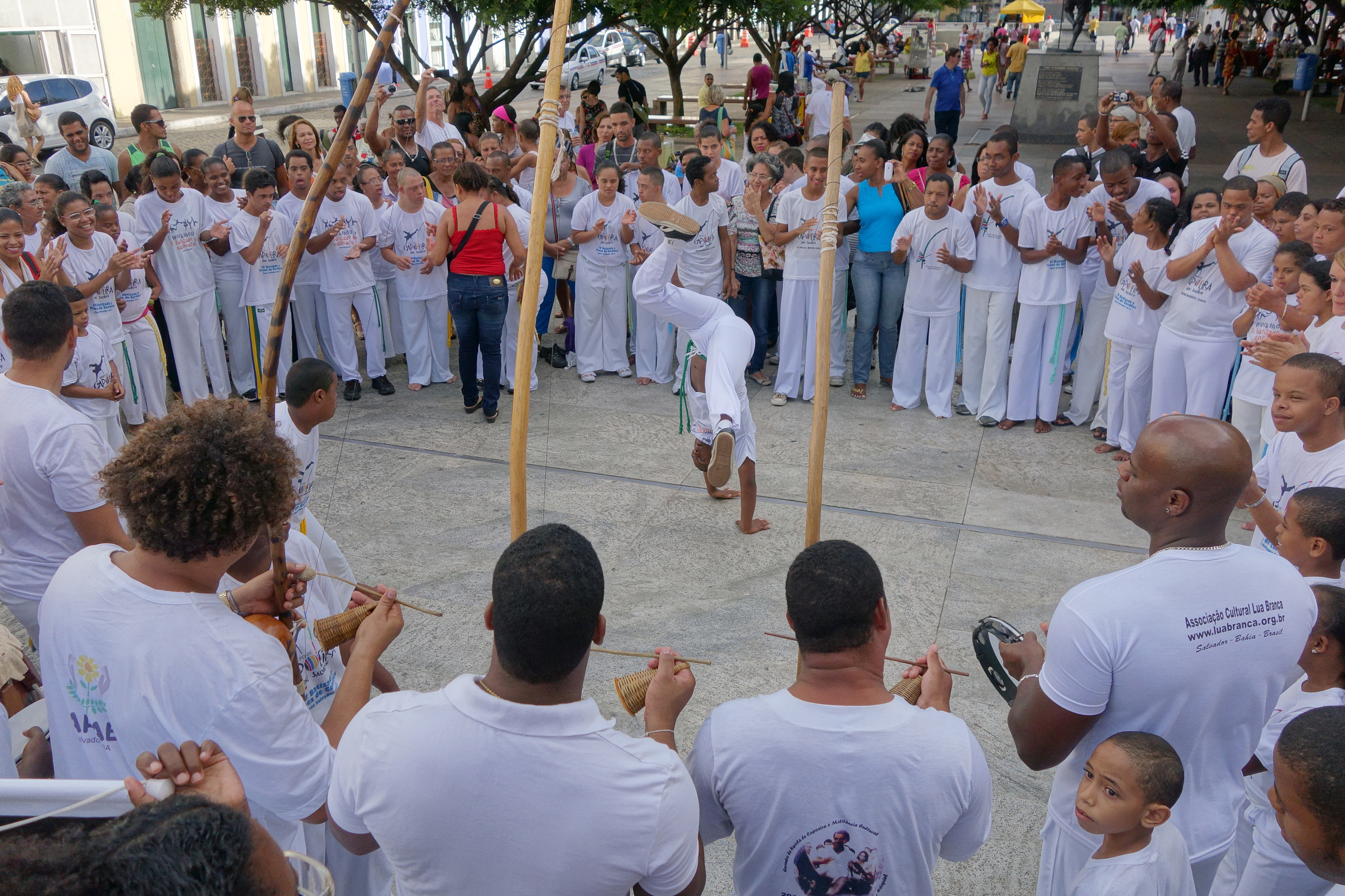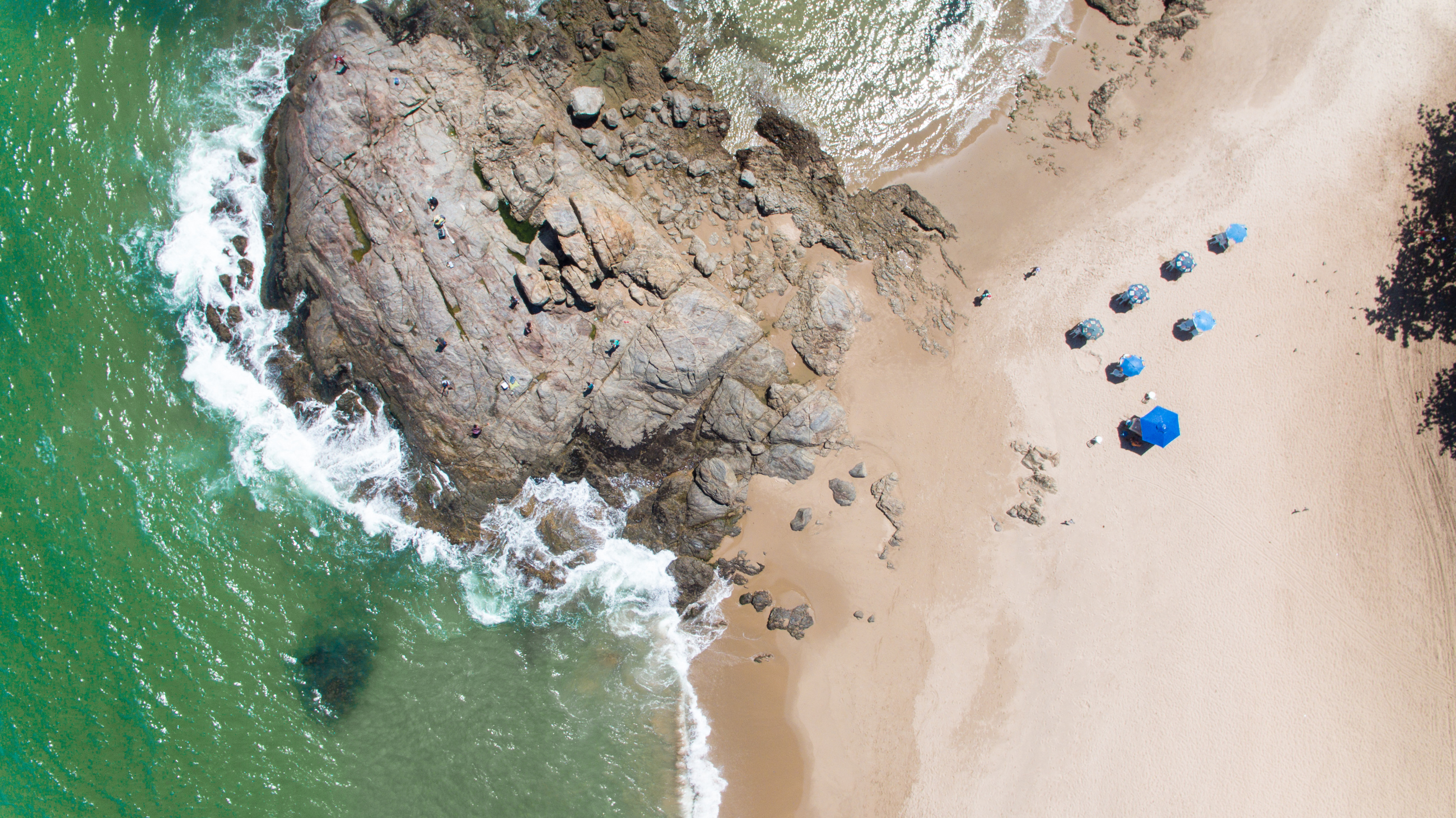Colours, Coast, Mountains & Capital of Brazil
Brazil
US$7,550
Salvador was Brazil’s original capital and epicentre of the African component of the country's diverse culture. An estimated 80% of Salvador's inhabitants are of Afro-Brazilian origin – and the Candomblé religion, a mixture of West and Central African religions with Roman Catholicism, is especially common here. There is a fantastic range of architecture here: high rise buildings in the southern Vitória neighbourhood are merely a few miles from the western Pelourinho neighbourhood, boasting colonial 16th century Portuguese architecture, fantastic colour and centuries of history.

If you’re looking for Brazilian culture, Salvador is an important place to visit. The city’s unique mixes of religions make it a diverse and exciting place to explore with indigenous, African and European influences. Jesuits in the 16th century worked towards converting the indigenous population to Roman Catholicism but the role of the city as a slave port meant that many African slaves of the religion Yorùba, combined beliefs from this religion with those of Catholicism to create Candomblé. The practices of this religion have been well-maintained and are carried out in their original Yorùba language rather than in Portuguese. An abundance of churches and other religious buildings are scattered throughout the city, which our local expert guides will be delighted to unveil.
There is more contemporary culture which is predominant throughout the city – the Bahian Carnival rivals the Rio Carnival in size and energy and was recognised by Guinness World Records as being the largest street carnival in the world by number of floats. There were 229 of them in the 2024 Salvador Carnival. The music differs to that of the Rio Carnival, including axé – originated in Salvador as a fusion of multiple Afro-Caribbean genres – and samba-reggae rather than the predominantly samba genre of Rio. Different parade circuits create independent flows of music around different regions of the city and there are usually around 25 km (16 miles) of celebrations ongoing at the same time.
For those more focused on the quieter attractions of the city, a rich history of literature and culture have led to the development of wonderful museums and libraries. Famous religious poets and writers of the city during the Baroque era are widely regarded as being some of Brazil’s best; but more modern literature has remained significant. The oldest museum in Bahia is even found here – the Museu de Arte da Bahia. You will be able to learn a great deal about the city’s rich history and art as you navigate between these.
